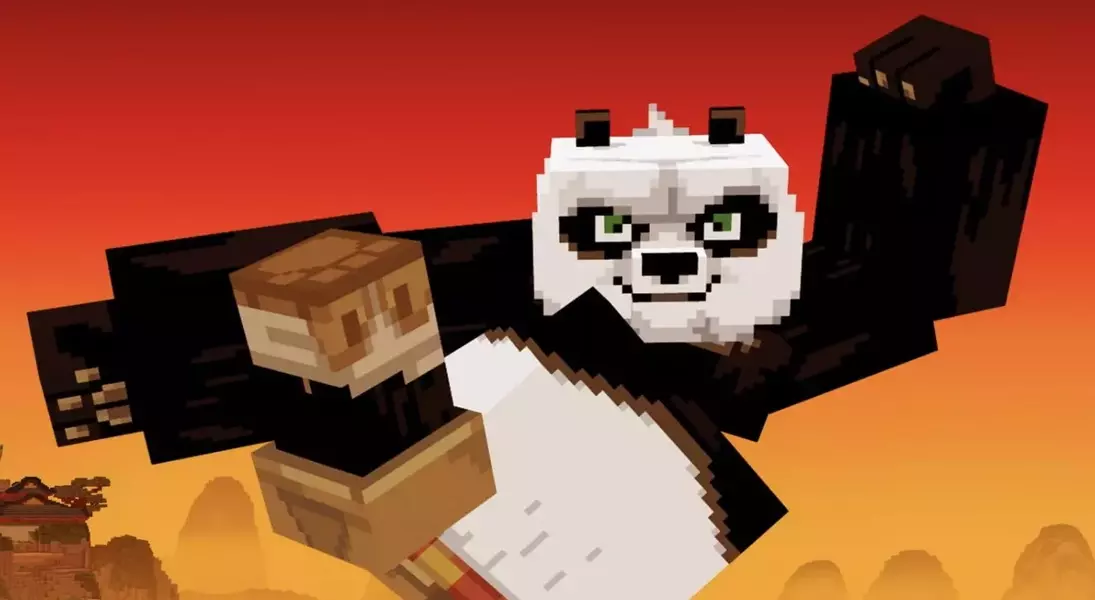Unlocking the Marketing Potential of Gaming: How Brands Leverage Video Game Collaborations
In the ever-evolving landscape of marketing, brands are increasingly turning to the power of video games to reach their target audiences. Rather than attempting to create their own gaming platforms, savvy companies are forging strategic partnerships with established gaming giants, tapping into the vast player bases and immersive experiences these games offer. This article explores the rise of video game collaborations as a powerful marketing tool, highlighting the success stories and the insights that can guide brands in navigating this dynamic landscape.Unlocking the Marketing Potential of Gaming
Leveraging the Reach of Gaming Titans
The video game industry has experienced exponential growth in recent years, with a select few titles dominating the market and commanding the attention of millions of players worldwide. Companies like Disney, Minecraft, and Fortnite have recognized the immense potential of these gaming behemoths, leveraging their vast player bases to amplify their marketing efforts.Disney, for instance, has embraced the power of video game collaborations, partnering with the juggernaut Fortnite to promote a wide range of its intellectual properties, including Marvel, Star Wars, and Indiana Jones. These collaborations have proven to be remarkably successful, with Disney CEO Bob Iger stating that the company's acquisition of a major stake in Fortnite's parent studio, Epic Games, marks "Disney's biggest entry ever into the world of games and offers significant growth for expansion."Similarly, Minecraft has emerged as a marketing powerhouse, collaborating with hundreds of brands since its release 15 years ago. The game's team works closely with professional creator partners to develop engaging gameplay experiences that align with relevant pop-culture moments, movie releases, or global topics, providing brands with a unique platform to connect with their audience.Navigating the Competitive Landscape
The video game industry is a highly competitive landscape, with only a small fraction of titles accounting for the majority of global playtime. According to industry data, a mere 66 video games accounted for 80% of all playtime logged globally last year, with the top three being Fortnite, Roblox, and Minecraft.This concentration of player attention has led brands to recognize the strategic value of partnering with these gaming giants, rather than attempting to create their own gaming platforms. By aligning with established brands, companies can tap into the vast player bases and the immersive experiences these games offer, ensuring their marketing efforts reach the right audience at the right time.Adapting to Evolving Player Preferences
The video game industry is a dynamic and ever-changing landscape, with player preferences and gaming trends constantly evolving. Brands that seek to leverage video game collaborations must stay attuned to these shifts, adapting their strategies to meet the changing demands of the gaming community.Fortnite, for example, has demonstrated its ability to adapt and innovate, introducing new game modes such as Lego Fortnite, Fortnite Festival, and Rocket Racing. These additions have helped the game maintain its popularity, with playtime surging by 150% in November 2023 and continuing to grow in December.By understanding the evolving preferences of their target audience and collaborating with game developers to create engaging and relevant content, brands can ensure their marketing efforts resonate with the gaming community and deliver tangible results.Unlocking the Power of Immersive Experiences
Video games offer a unique opportunity for brands to create immersive and interactive experiences that go beyond traditional advertising. By integrating their products, services, or intellectual properties into the game world, brands can foster deeper connections with their audience and create lasting impressions.Fortnite's collaborations with Disney, for example, have allowed players to engage with iconic characters and settings from the Marvel, Star Wars, and Indiana Jones franchises, blending the virtual and real-world experiences in a seamless and engaging manner. This level of immersion can be a powerful tool for brands, fostering brand loyalty and driving consumer engagement.Similarly, Minecraft's collaborations with various brands have enabled the creation of custom game worlds and gameplay experiences that align with the brand's messaging and values. This approach not only enhances brand visibility but also provides players with a unique and memorable interaction with the brand.Leveraging Data and Insights
The video game industry is a treasure trove of data and insights, offering brands a wealth of information to optimize their marketing strategies. By partnering with game developers and leveraging the data generated by player interactions, brands can gain valuable insights into their target audience's preferences, behaviors, and engagement patterns.This data-driven approach can inform the development of more effective marketing campaigns, allowing brands to tailor their content and messaging to resonate with their audience. Additionally, the ability to track and measure the performance of these collaborations can help brands refine their strategies and maximize the return on their investment.As the video game industry continues to evolve, the opportunities for brands to leverage these partnerships will only continue to grow. By embracing the power of video game collaborations, brands can unlock new avenues for reaching and engaging their target audience, ultimately driving business success in the digital age.

